
Jonathan Lambert was a staff writer covering biological sciences at Science News from 2019 to 2021. He earned a master’s degree from Cornell University studying how a bizarre day-long mating ritual helped accelerate speciation in a group of Hawaiian crickets. A summer at the Dallas Morning News as a AAAS Mass Media fellow sparked a pivot from biologist to science journalist. He previously wrote for Quanta Magazine, NPR, and Nature News.

Trustworthy journalism comes at a price.
Scientists and journalists share a core belief in questioning, observing and verifying to reach the truth. Science News reports on crucial research and discovery across science disciplines. We need your financial support to make it happen – every contribution makes a difference.
All Stories by Jonathan Lambert
-
 Science & Society
Science & Society‘Under a White Sky’ explores whether we must tinker with nature to save it
In ‘Under a White Sky’, Elizabeth Kolbert examines the technological innovations we might need to save a planet we are actively destroying.
-
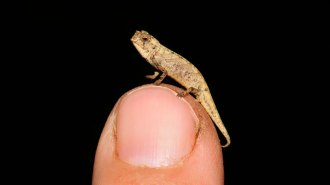 Animals
AnimalsA new chameleon species may be the world’s tiniest reptile
The newly described critters, found in the northern forests of Madagascar, may be threatened by deforestation.
-
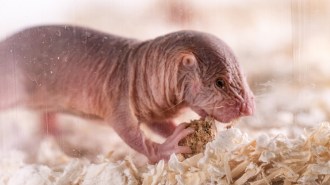 Animals
AnimalsNaked mole-rat colonies speak with unique dialects
Machine learning reveals that these social rodents communicate with distinctive speech patterns that are culturally inherited.
-
 Science & Society
Science & SocietyBiden administration outlines its ambitious plan to tackle the COVID-19 pandemic
Epidemiologist Michael Osterholm, an adviser to the Biden transition team, talks about the plans to tackle the public health crisis COVID-19 created.
-
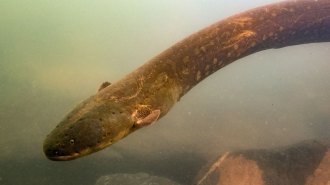 Animals
AnimalsSome electric eels coordinate attacks to zap their prey
Electric eels were thought be to solitary hunters, until researchers observed over 100 eels hunting together, releasing coordinated electric attacks on corralled prey.
-
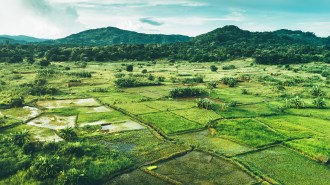 Animals
AnimalsClearing land to feed a growing human population will threaten thousands of species
Changing where, how and what food is grown could largely avoid biodiversity losses, scientists say.
-
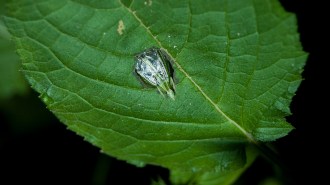 Animals
AnimalsSmall, quiet crickets turn leaves into megaphones to blare their mating call
A carefully crafted leaf can double the volume of a male tree cricket’s song, helping it compete with larger, louder males for females.
-
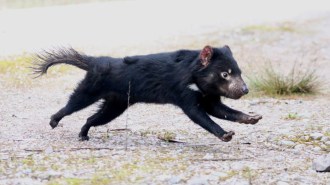 Animals
AnimalsA highly contagious face cancer may not wipe out Tasmanian devils after all
Devil facial tumor disease has killed so many Tasmanian devils that it was feared they would die out. But a new analysis finds its spread is slowing.
-
 Health & Medicine
Health & MedicineHere’s what you need to know about the COVID-19 vaccines
There are still important unknowns about how Pfizer’s vaccine and others will work once they get injected in people around the world.
-
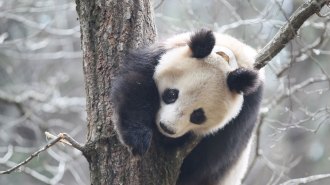 Animals
AnimalsGiant pandas may roll in horse poop to feel warm
By coating themselves in fresh horse manure, wild giant pandas may be seeking a chemical in the poop that inhibits a cold-sensing protein.
-
 Health & Medicine
Health & MedicineCoronavirus shutdowns don’t need to be all or nothing
Governments are implementing more targeted restrictions like limiting restaurant capacity to slow a fall surge. Research suggests they could work.
-
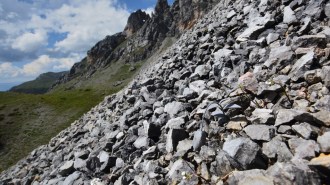 Plants
PlantsThese plants seem like they’re trying to hide from people
A plant used in traditional Chinese medicine has evolved remarkable camouflage in areas with intense harvesting pressure, a study suggests.